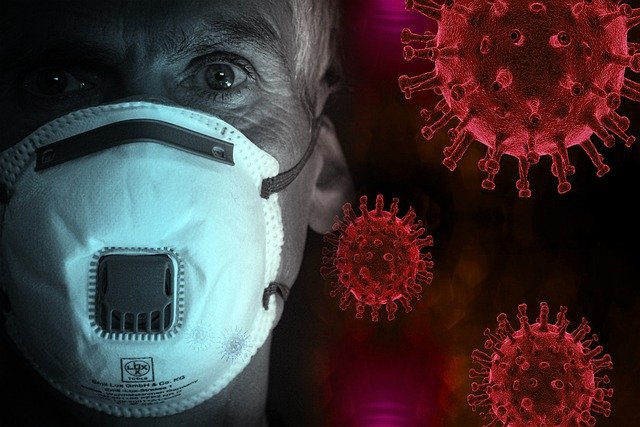Researchers have identified a mutation in the SARS-CoV-2 genetic code that reflects the changes scientists saw in the 2003 SARS outbreak.
SARS-CoV-2 is the virus that causes COVID-19 disease. In the mutation, 81 letters had been removed from the genome of the virus.
Viral mutations are a normal part of a virus’s evolution and can alter the severity of the disease they cause.
In the case of SARS-CoV-2, the finding is of interest because the nature of the mutation suggests that it may have an association with a less severe form of the disease. A less virulent virus may have a selective advantage over other strains.
Mutations
While some researchers have focused a lot of attention on tracking the number of COVID-19 cases against the global spread of SARS-CoV-2, others are tracking the virus as it begins to mutate, creating changes in its genetic code that can affect how functions
Mutations occur when a change in genetic material is incorporated into the viral genome and passed on to the next generation. For viruses, one generation is usually the infection cycle of a particular cell.
Need for more research
The mutation in the virus can be valuable in helping scientists better understand how SARS-CoV-2 makes people sick. Similarly, it can help in the development of antiviral drugs that can reduce the severity of the disease until an effective vaccine appears.
However, scientists need to do more research first. The ASU team is currently exploring what effect the mutation has on the way the virus works.
Researchers have also joined the Translational Genomics Research Institute, the University of Arizona and northern Arizona University to create the CoVID-19 Genomics Union of Arizona, which intends to further study SARS-CoV-2 mutations.






